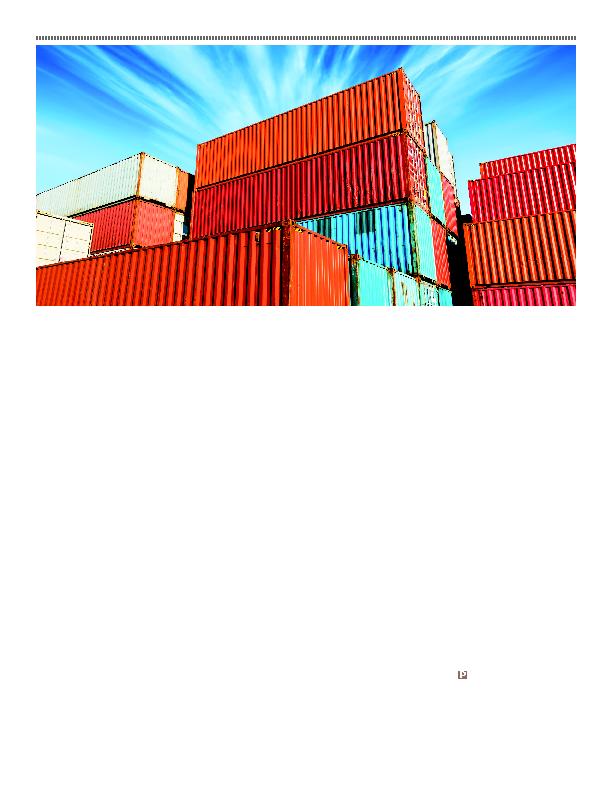
Disputes (ICSID) and the International
Code Coucil (ICC), have been strongly
criticized by various sectors of Honduran
society. Several litigating lawyers have
even expressed their fervent rejection of
these reforms, claiming that these laws
contradict principles and precepts rooted
in Honduran legal culture, beginning with
national sovereignty and state control over
commercial practices. Their opposition
and allegations are a product of our
country's influence by foreign legislation,
especially by Spain's law. In carrying out
the corresponding historical analysis of
the aforementioned legislation, Spain, as a
Continental-European country, has a legal
perspective that does not quite agree with
the more liberal view of the common law.
This European influence has produced a
nationalist approach in Honduras, which
in many occasions has caused isolation.
Combined with this, some bad experiences
in the past with foreign investments have
been the main reasons argued by those who
see this legal reform as a detriment to the
country.
We cannot ignore the fact that the
global economy is everyday becoming
more integrated, and that economic
blocs are increasingly approaching
cultures, laws and societies. Proof of this
Assembly of the United Nations which
establishes a new international economic
order. In addition to international
rules, the arbitration precedents in
international matters have established the
denationalization doctrine, which countries
and companies adopt like, e.g., Rene-Jean
Dupuy's Arbitral Award, in the Texaco - Cal
Asiatic v. Libya, Letco v. Liberia, Amco
v. Indonesia, among others. Therefore,
Honduras cannot be the exception nor can
it afford to disregard international changes
and requirements of homologation of the
rules applicable to trade.
Thus, legislative reform in Honduras
is due to the requirement of economic
integration and the country's project
to attract foreign investment, offering
guarantees and security in accordance
with international parameters. This has
had, in our opinion, a positive effect on the
development of judicial processes by:
procedure from five years to 14 months,
system into a system of simplified
hearings,
and forcing him to be present at the
moment of evacuation of the evidence
and allegations, and
and arbitration procedure several
in-between possibilities of direct
conciliation, and facilitating
mechanisms of complaining against
judges and/or public officials who
have commited acts of corruption,
among others.
has been achieved, and we are far from
being able to call the task completed.
The country continues to move towards
an international order, planning to reform
judicial procedure into electronic trials,
reduce judicial delay by 100 percent and
authorize investors to arbitrate "without
privity" as established in the AAPL v.
Sri Lanka arbitration rule and by the
Convention on the Settlement of Investment
Disputes between States and Nationals
of other States. This leaves us with an
exciting road to travel, and an interesting
approach on standardizing our legislation
to international requirements, granting
local and foreign investors all guarantees
required to assure a transparent and fair
trade, without fear of being forced into a
corrupt act.